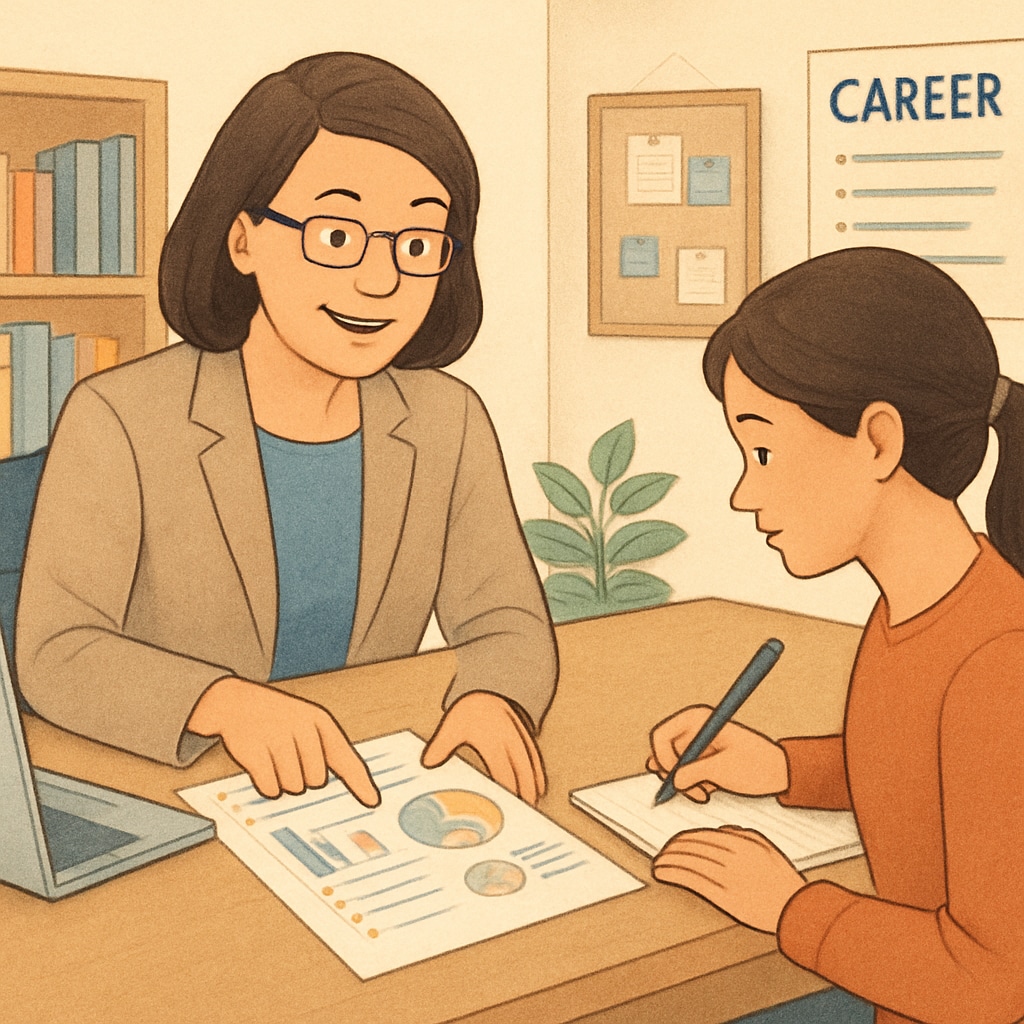For many students, the anticipation of GCSE results can be overwhelming, fueling academic anxiety and raising concerns about their career path. This intense focus on exam scores can overshadow broader definitions of success and create a narrow perspective on future opportunities. While grades are undoubtedly important, they should not be the sole determinant of a student’s value or potential.
The Impact of Exam-Centric Education on Mental Health
The K12 education system often emphasizes standardized testing, such as GCSE exams, as a primary measure of academic achievement. However, this approach can lead to significant stress and anxiety among teenagers. According to a study on test anxiety, excessive worry over exams can result in sleep disturbances, reduced self-esteem, and even long-term mental health issues. As a result, students may feel trapped in a cycle of fear and self-doubt, believing their future hinges entirely on their performance.

Parents and educators also contribute to this pressure by overvaluing grades as a marker of success. Instead of fostering resilience and adaptability, this emphasis can leave students ill-prepared for real-world challenges, where skills like creativity, collaboration, and emotional intelligence are often more valuable.
Broadening the Definition of Success Beyond GCSE Results
It is crucial to redefine success in education by considering factors beyond exam results. Success should encompass personal growth, skill development, and the ability to navigate life’s complexities. For example, a student with average GCSE scores might excel in fields such as entrepreneurship, design, or community service, where traditional academic metrics are less relevant.
Promoting alternative paths can alleviate academic anxiety and encourage students to explore their interests and talents. Diversified assessments, such as project-based learning and portfolio evaluations, provide a more holistic view of a student’s capabilities. These methods have gained recognition in global education systems, highlighting their potential to balance academic rigor with emotional well-being.

Career Path Planning: A Step Toward Future Empowerment
Career planning is an integral part of helping students move beyond the constraints of exam scores. Early guidance can empower students to identify their strengths and align them with viable career paths. For instance, vocational training, apprenticeships, and specialized certifications offer practical alternatives to traditional academic routes. These options not only reduce dependence on GCSE results but also enhance employability in competitive job markets.
Additionally, parents and educators must instill confidence in students by emphasizing the importance of lifelong learning. By teaching that success is a continuous journey rather than a fixed outcome tied to grades, young people can better adapt to evolving career landscapes. For more insights, explore career development strategies on Britannica.
Ultimately, a balanced approach combining academic achievement, emotional well-being, and personalized career planning can help students thrive in both education and life.
Readability guidance: Use concise paragraphs and lists to summarize key points. Ensure smooth transitions between ideas. Control the proportion of passive voice and overly long sentences for clarity and engagement.


